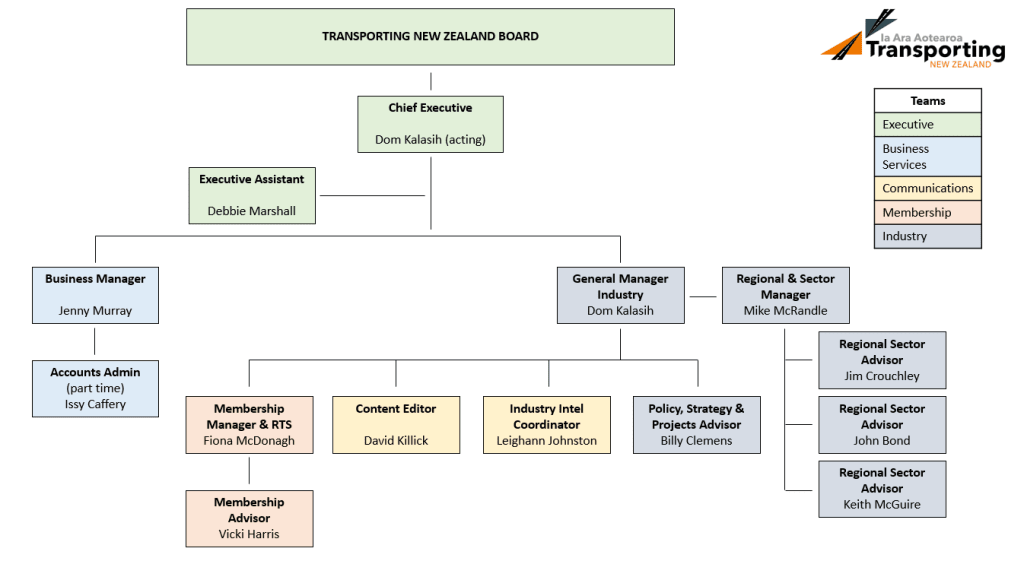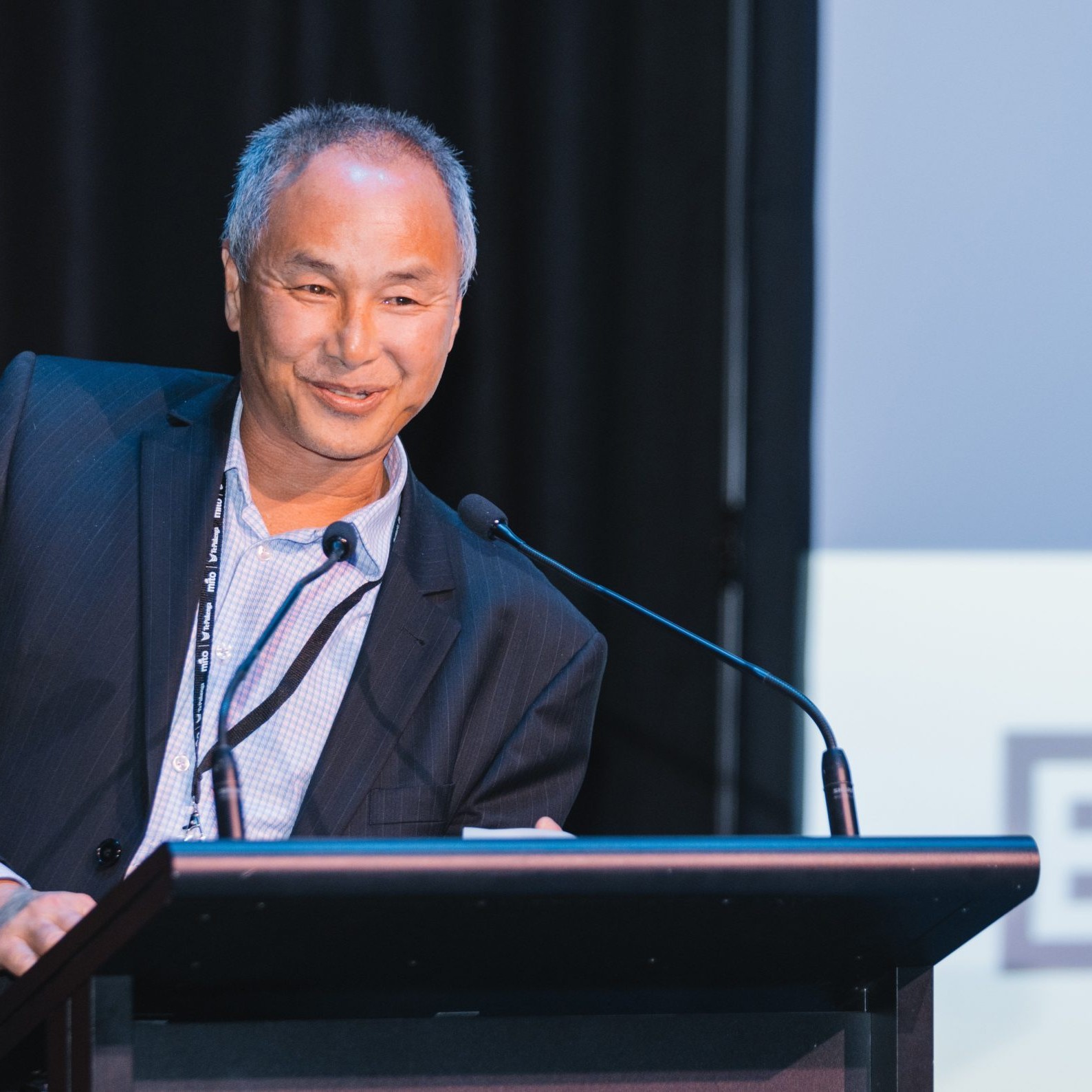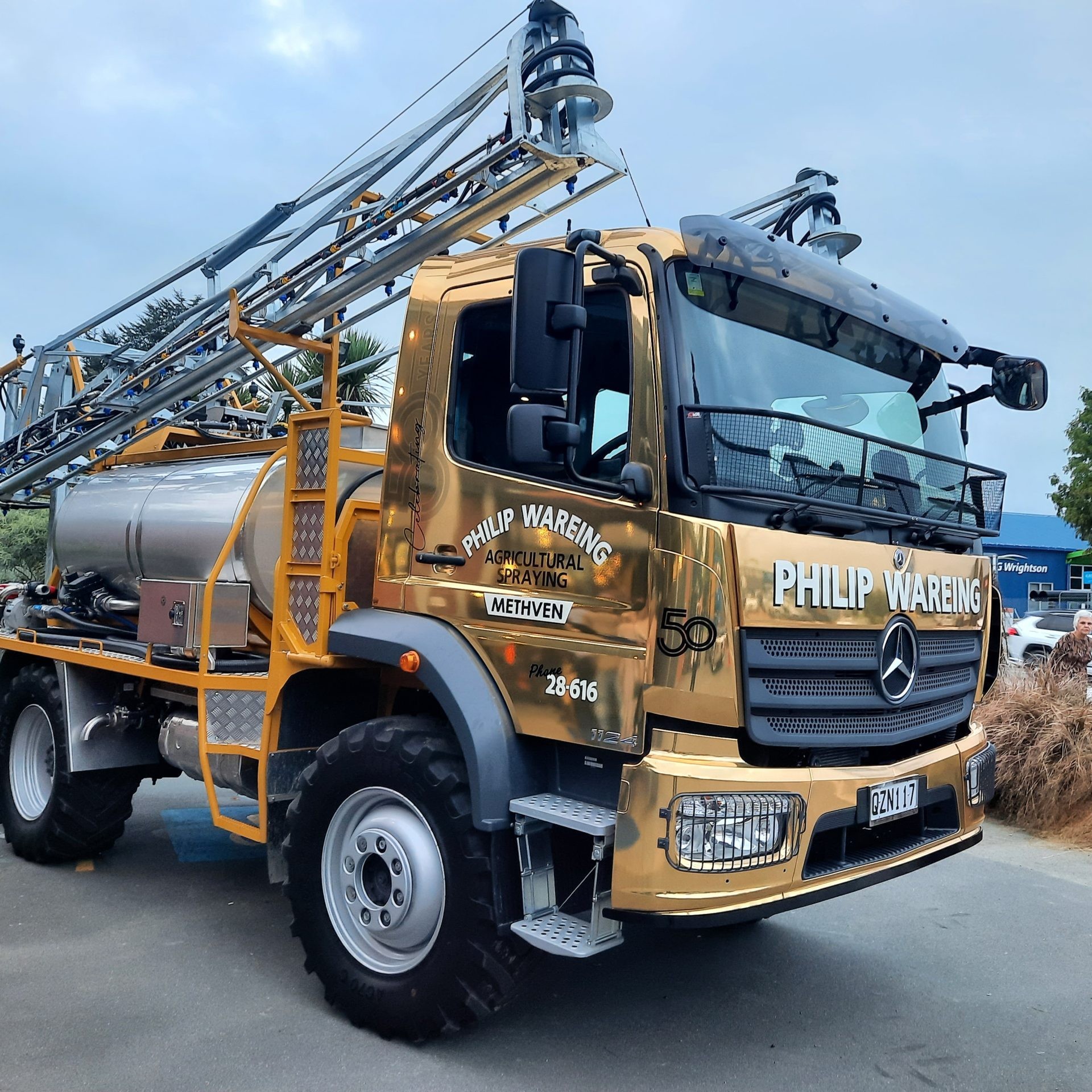What does the team at Transporting New Zealand do for its members around the country?
Ultimately our team of 14 staff is tasked with delivering a strategy that has been approved by Transporting New Zealand’s board. The board has five members, comprising four regional associations plus an owner driver representative. Therefore members, via the associations, contribute to and approve our organisational strategy.
Our 2022 to 2025 strategy has five-pillars that include: one voice for advocacy, promoting the industry, attracting talent, supporting our customers, and environment. I believe 100 percent in our strategy, it is a good blend of addressing short and longer-term challenges.
Short term challenges are being addressed through a sector framework which enables specific industry issues to be addressed constructively. For example, there are various initiatives underway in the transport of logging, livestock, petroleum and ISO containers.
An example of remedying a longer-term challenge is the structural change we’re making to attract talent. Our workforce development brand, Te ara ki tua Road to success is delivering tertiary qualifications through the Traineeship and Boost pathways. Momentum is growing, with support from all three industry associations, although there is still a long way to go. It’s the industry investing in its own people to make sure that they come out of that training with a national qualification. We are also working to support more diversity and inclusion in the industry, supported by Teletrac Navman NZ.
So what does a member do if they have a concern or issue they would like to raise?
Firstly, you can bring it up with someone in your regional association who can forward it on to Transporting New Zealand. We will respond to all enquiries. Another option is to raise it with one of our regional and sector advisors. Yet another channel is to raise it with one of our sector groups. We have six of these: bulk; general freight; logging; ports and intermodal; roads and vehicles; and rural, including livestock. These groups are made up of regional association representatives, as well as an assigned Transporting New Zealand staff member.
The filtering and determination of priorities in the respective sectors is done by the people in that group, that is where the expertise lies. There’s always much more work to do than there is resource to get it done. The groups’ purpose is to work out the tangible things we can action. As tasks get done and issues get remedied then we can pull other issues out of the hopper.
What were my highlights of the week?
This week I had a successful meeting with Waka Kotahi. Among other things, we discussed operational management systems, and using software as a service (SAAS) to manage people, fleet, and other operational attributes. We are looking at how these systems can be used to grant concessions to operators. This could include permits to operate high mass vehicles, gain access to a different vehicle inspection frequency, or greater work time flexibility. If government is involved in rolling out new programmes then there needs to be good reasons or incentives for operators to join them.
During that meeting we also talked about initiatives that are already happening in various sectors. There is only so much bandwidth across the sector to drive these programmes and most of the people doing the real mahi are doing this as volunteers. It’s due to the generosity of those companies and their leaders that this is able to happen. I have a concern that if that industry effort gets redirected to new Waka Kotahi work streams, some of the existing industry led work will lose momentum and get delayed. We need to make sure we keep focused.
Another highlight was the completion of our submission to the Ministry of Transport on its prosed strategy: Charging Our Future: A draft long-term electric vehicle charging strategy for Aotearoa New Zealand. Our submission will help ensure heavy vehicle charging is prioritised as work on a national charging network accelerates.
Lastly, Transporting New Zealand’s conference is coming up next month, so make sure you don’t miss this pivotal transport event. Bookings and details are on our website.
Please feel free to contact me any time: email dom@transporting.nz or call 027 441 4309.

-Dom Kalasih is interim chief executive of Ia Ara Aotearoa Transporting New Zealand.


